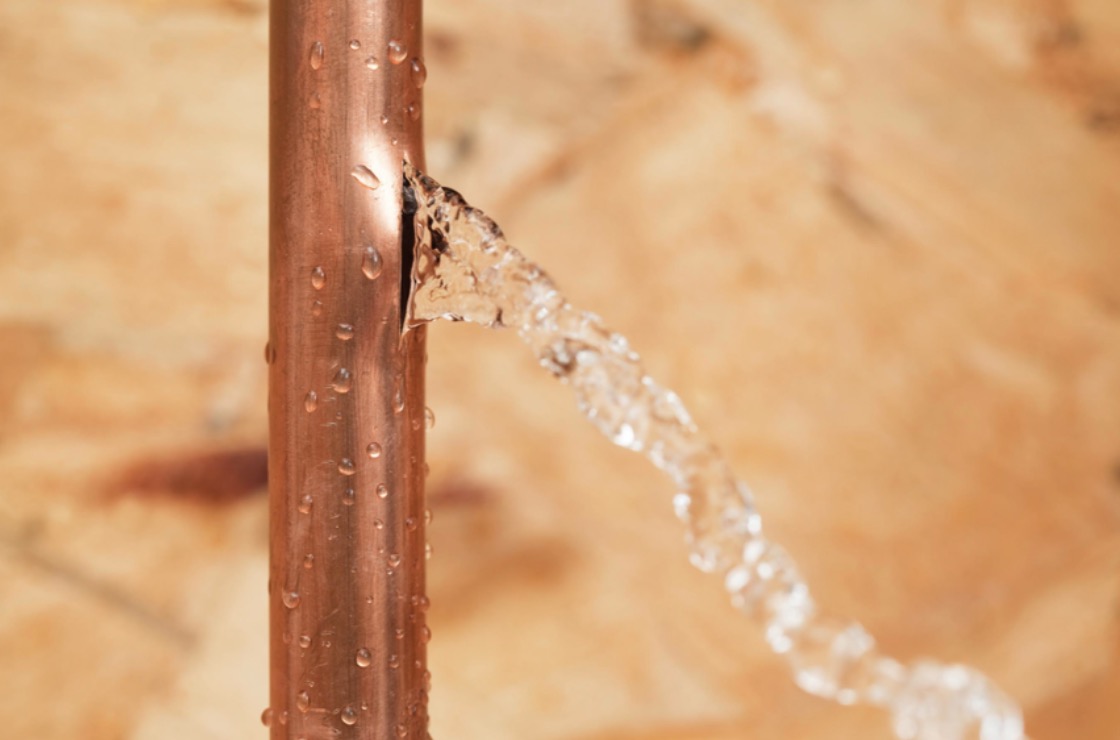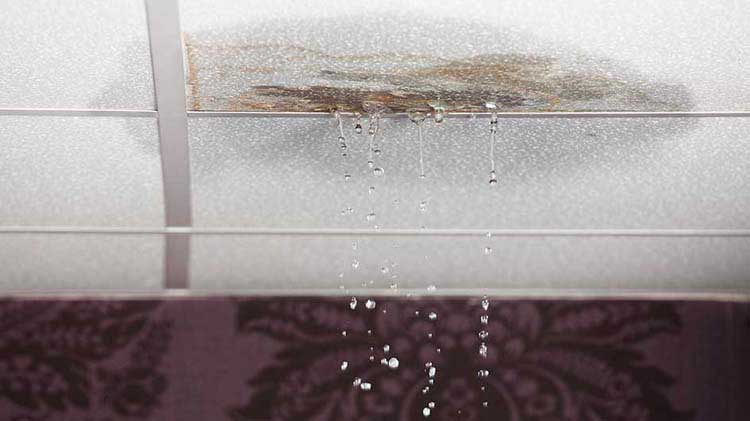Spot A Half-Dozen of Principal Leak Factors Inside The Home
Spot A Half-Dozen of Principal Leak Factors Inside The Home
Blog Article
Just how do you feel on the subject of How to detect water leaks in your home?

Leakages not just trigger waste of water but can also trigger unneeded damage to your house and promote unwanted organic growth. Water leaks may go unnoticed since many of the pipework in our house is concealed. By looking and also comprehending for everyday situations that create leaks, you can protect your home from future leakages and also unneeded damages. Today, we will certainly look at 6 leak creates that may be triggering your pipes to leak.
Encroaching roots
Most water leakages start outside your home rather than inside it. If you see an unexpected decline in water pressure, claim in your tap, take time to go out and also examine your lawn. You might discover damp spots or sinkholes in your backyard, which could mean that tree origins are getting into water lines triggering water to permeate out. You can have your plumber check for breach, specifically if you have trees or bushes near your building.
Corroded water supply
As time goes by, your plumbing system ages and rust such as corrosion may start eating away the pipes. This might be the reason for staining or warping on your water pipes. This calls for an evaluation with your plumber right away. Think about changing the pipes since they are at a greater threat of rust than the more recent models if our plumbing system is old.
Malfunctioning Pipe Joints
The factor at which your pipes connect is regularly the weakest link in the waterline. Pipeline joints can weaken over time, causing water leaks. Unfortunately, the majority of pipeline joints are not conveniently visible. If you have noisy pipelines that make ticking or banging sounds, especially when the hot water is switched on, your pipe joints are most likely under a great deal of stress. It is suggested to have your plumber inspect your system once a year.
Instant temperature changes.
Severe temperature level adjustments in our pipelines can trigger them to increase as well as acquire suddenly. This expansion as well as tightening might create fractures in the pipelines, particularly if the temperature level are below freezing. It would be best if you watched on just how your plumbing works. The visibility of the previously stated situations regularly shows a high threat.
Poor Water Connectors
Sometimes, a leak can be triggered by loosened hose pipes and also pipes that provide your appliances. Most of the time, moving is what creates the loosened water Connections. You might locate in the case of a cleaning equipment, a hose may spring a leakage because of shaking throughout the spin cycle. In case of a water connections leak, you may discover water running directly from the supply line or puddles around your devices.
Clogged Drains
Blocked drains may be aggravating and also inconveniencing, however they can often wind up triggering an overflow causing break pipelines. Keep removing any kind of products that may decrease your drains that could block them to stay clear of such troubles.
All the above are root causes of leakages but not all water leaks result from plumbing leakages; some leakages may originate from roof covering leakages. All leaks should be fixed promptly to avoid water damage.
Leaks not only create waste of water but can also create unneeded damages to your residence and also promote undesirable organic growth. By looking and recognizing for daily scenarios that cause leakages, you can protect your house from future leakages as well as unnecessary damages. Today, we will certainly look at 6 leakage creates that may be causing your pipes to trickle.
At times, a leak can be caused by loosened hose pipes as well as pipelines that provide your appliances. In case of a water connections leak, you might see water running directly from the supply line or puddles around your devices.
How To Check For Water Leak In Your Home
How To Check for Leaks
The average household's leaks can account for nearly 10,000 gallons of water wasted every year and ten percent of homes have leaks that waste 90 gallons or more per day. Common types of leaks found in the home are worn toilet flappers, dripping faucets, and other leaking valves. These types of leaks are often easy to fix, requiring only a few tools and hardware that can pay for themselves in water savings. Fixing easily corrected household water leaks can save homeowners about 10 percent on their water bills.
To check for leaks in your home, you first need to determine whether you're wasting water and then identify the source of the leak. Here are some tips for finding leaks:
Take a look at your water usage during a colder month, such as January or February. If a family of four exceeds 12,000 gallons per month, there are serious leaks.
Check your water meter before and after a two-hour period when no water is being used. If the meter changes at all, you probably have a leak.
Identify toilet leaks by placing a drop of food coloring in the toilet tank. If any color shows up in the bowl after 10 minutes, you have a leak. (Be sure to flush immediately after the experiment to avoid staining the tank.)
Examine faucet gaskets and pipe fittings for any water on the outside of the pipe to check for surface leaks.
Undetected water leaks can happen without the home or business owner even realizing. If you suspect a water leak, but not able to find the source. It is time to contact a professional water leak detection service, The Leak Doctor.
How To Find a Water Leak In Your Home
https://www.leakdoctor.com/blog/How-To-Check-For-Water-Leak-In-Your-Home_AE197.html

As an enthusiastic person who reads about How to detect water leaks in your home, I assumed sharing that piece of content was essential. Sharing is good. Helping others is fun. We value reading our article about How Fast Water Damage Can Ruin Your Home.
Dial, we'll handle! Report this page